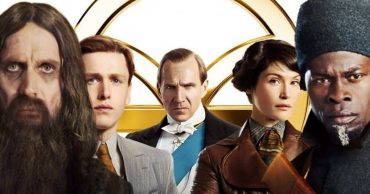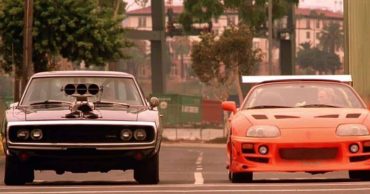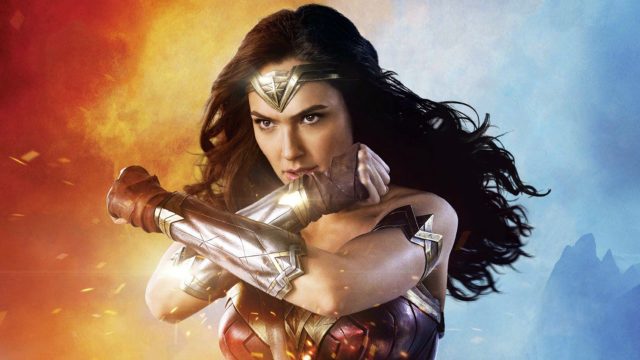
While I don’t think that Wonder Woman will be going home with any Oscars, it is undoubtedly the high point of my, and many others’, summer: a riveting tale of a strong woman who stepped onto the global stage to end history’s ultimate war. It gave pop culture’s greatest female icon the origin story that she deserved and has helped changed the tone of the narrative surrounding Warner Bros’ previously disastrous DCEU.
The mistake cultural commentators are making in the wake of its success is to treat it like this wholly alien entity: some freak oddity that runs contrary to what a century of filmmaking has established are the ground rules of action movies. Just because there’s no damsel in distress — baying for her man to save her from the train tracks that Dick Dastardly tied her to — people seem to think that it’s some lightning-in-a-bottle moment that can’t possibly strike a second time.

Let me tell you something: it isn’t. Although Wonder Woman is an exceptional — even groundbreaking — movie, it is not some heretofore unseen narrative cut from whole cloth. Wonder Woman is just the latest in a tragically short line of feminist action movies that choose to see its fairer sexed protagonists as being every bit as capable of kicking ass and taking names as their male compatriots. And, God willing, it’s about to inspire a whole generation of blockbusters to follow in its footsteps.
The earliest movie I can think of to really embrace this egalitarian approach to bombastic franchise leads is Alien. In the decades since her first appearance in the iconic 1979 horror film, Ellen “Get Away From Her, You Bitch” Ripley has become a mainstay of action heroines.
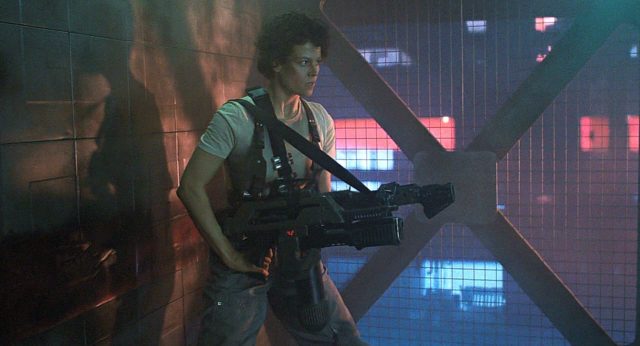
She was the only one of her blue-collar space crew to survive the initial Xenomorph attack. She later returned to the rocky moon where they picked it up, stood toe-to-toe with an elite squad of space marines, and took on hundreds of them: single-handedly duking it out with the Xenomorph queen. What’s more, is that she walked away from the ordeal virtually unscathed.
Later, she took down a more evolved version of the beast in a near-abandoned prison colony with nothing but a couple torches and some sticks. Later, she was resurrected and spliced with Xenomorph DNA, proving that no matter what you do, you can’t keep a good woman down.
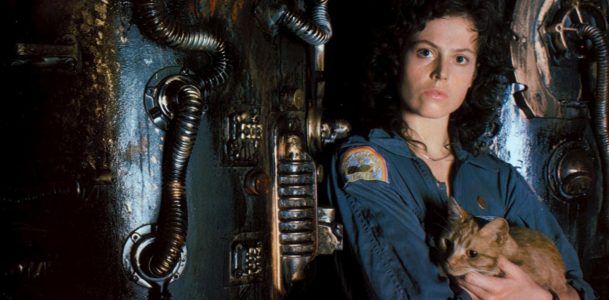
She accomplished all of this because Dan O’Bannon, the guy who wrote the screenplay, didn’t think of Ripley as a woman, but as a person. Her role was famously written as some square-jawed white dude and they didn’t change a thing when they cast Sigourney Weaver for the part.
She was smart, capable and even tempered: all because they guy in charge at the time forgot to “write her as a woman,” which according to the conventions of the day meant frail, emotional and incapable of stepping up when circumstances necessitated that she must. That’s the key to writing a good female character: simply write a good character. Everything else will follow.
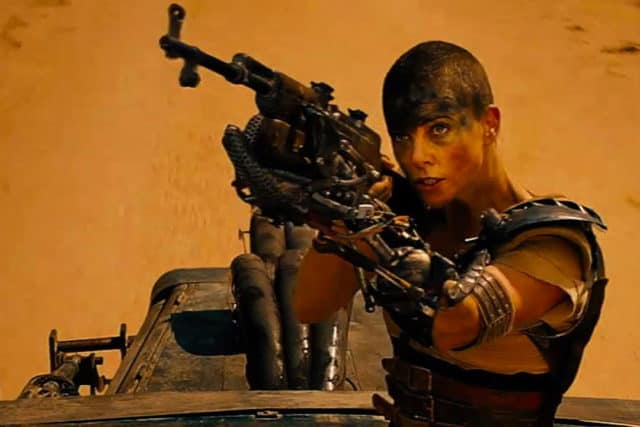
The same could be said of Mad Max: Fury Road. That movie featured one of the most instantly iconic, refreshingly competent and generally badass characters in decades. And no, it wasn’t Max.
Furiosa succeeded as a character — a complex, memorable character — because she was written without having to check off a prescribed list of “feminine” characteristics that run inherently contrary to the genre and setting in which she found herself. When men forget that they’re writing women, it’s remarkable just how different these characters turn out.
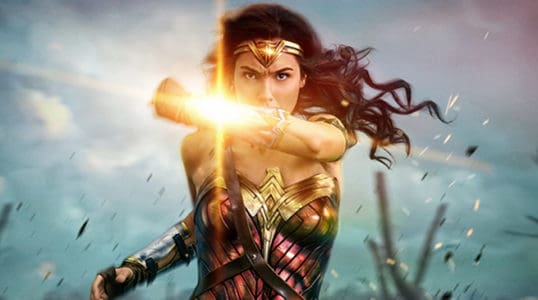
That, too, was what made Wonder Woman the sensational film that it is. She was not written to be the same, stock “every woman” character that the predominantly male-lead film industry seems to think of as the “one size fits all” template for characters with double X chromosomes.
She was a woman, yes, but her so-called womanhood wasn’t the lynchpin that held the narrative together. She was complicated, nuanced and strongly defined over the course of the movie’s broader plot, because she was written as Human first. The context inherent her sex naturally followed.
Hollywood as a problem when it comes to Woman. They are passed over both in front of and behind the camera for men who think they know women just because they share a planet with them. And while Joss Whedon proved that you don’t need to ditch a Y chromosome to understand how to portray a great female character, Patty Jenkins proved that a woman’s point-of-view is not something to eschew on principle.
 Follow Us
Follow Us



